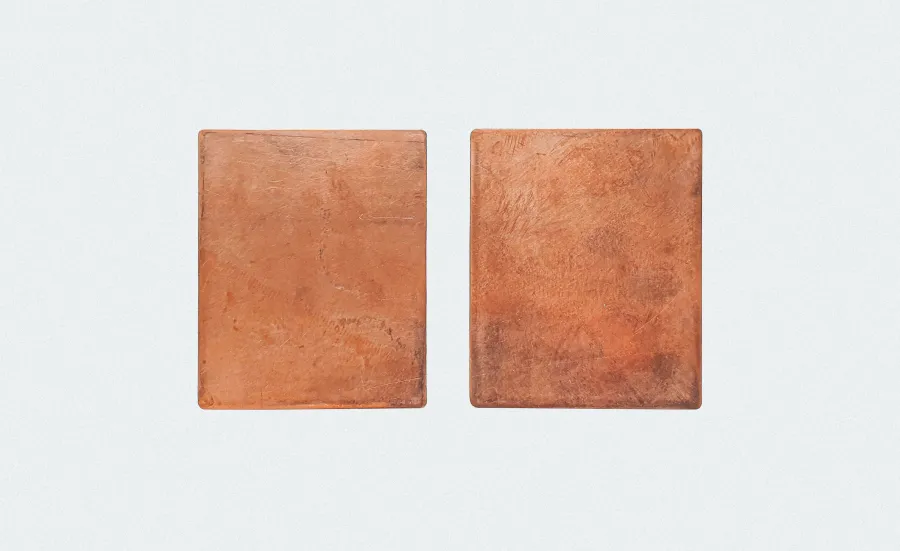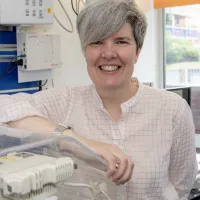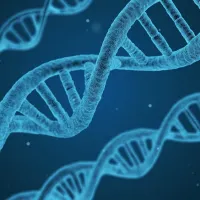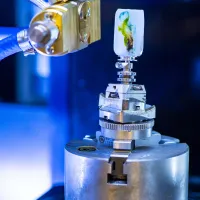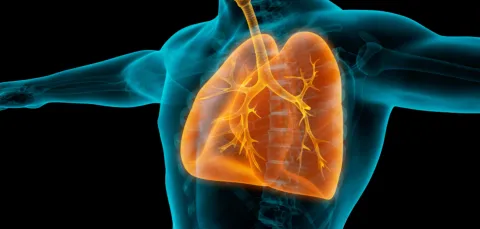Lead researchers Professor Bill Keevil from Biological Sciences and Dr Sandra Wilks from Health Sciences have been working together for 20 years.Their findings have already led to the installation of antimicrobial surfaces globally in hospitals, supermarkets, public transport and airports. They have informed regulatory standards for products and healthcare facilities and helped government agencies.
What happens when germs land on copper
Their research has demonstrated what happens when germs land on copper surfaces due to touch, coughs, or sneezes. The results proved for the first time that copper ions rapidly inhibit cell respiration, attack the bacterial cell membrane and destroy the DNA and RNA inside.
This has proved the ability of copper to kill a range of germs and stop the spread of highly contagious and deadly superbugs:
- COVID-19
- MRSA
- Vancomycin-Resistant Enterococci (VRE)
- E.Coli
- Listeria
